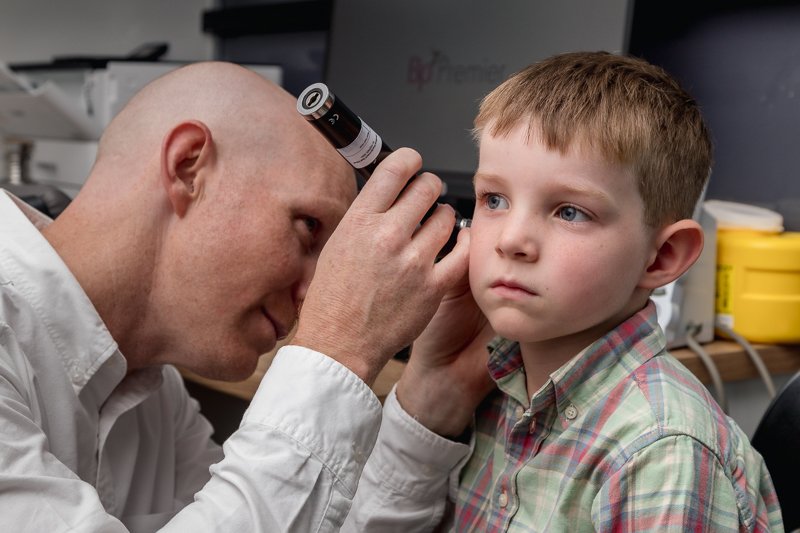What is Mental Health?
The definition of mental health can cover a wide range of areas which include cognitive, emotional, behavioural, psychological, and social well-being.
The World Health Organisation defines mental health as a state of well-being in which the individual realises his or her own abilities, can cope with the normal stresses of life, can work productively and fruitfully, and is able to make a contribution to his or her community.
Just as physical health is the state of being free from illness or injury, perhaps the simplest definition of mental health is also the absence of mental illness.
Mental illness causes mild to severe mental and emotional disturbances that can affect one's ability to cope with day to day normal routines and demands.
The truth is, mental health issues are very common - many people have them from time to time. Statistics reveal that almost half (45%) of Australians will experience mental illness at least once in their life. The most prevalent mental illnesses among Australians are Anxiety disorders (14.4%); Affective disorders (6.2%); and Substance use disorders (5.1%).
Mental illness affects your ability to function, cause problems in your day to day activities, and affect your relationships. It is important, therefore, to identify the symptoms of mental health concerns before they progress into mental illness.
Symptoms of Mental Health Issues
Constant feeling of sadness
Confused thinking
Reduced concentration ability
Intense fear
Unreasonable worries
Extreme feeling of guilt
Withdrawal from social activities
Extreme mood swings
Sleep disorders
Feeling of worthlessness
Sudden weight loss/weight gain
Significant tiredness or boredom
Detachment from reality
Defiance of authority
A propensity to lie, steal, and vandalise
Delusions
Paranoia
Hallucinations
Difficulty coping with daily challenges
Alcohol abuse
Drug abuse
Dramatic changes in eating habits
Sex drive changes
Excessive negative emotions such as anger, hostility, and violence
Suicidal thinking
Excessive cleaning, checking or other ritualisitic behaviour
Intrusive thoughts
Symptoms of health issues can also manifest physically in the form of back pain, headache, stomach pain, and other unexplained pains.
Is Mental Illness Genetic?
Clinicians believe that mental illness is a combination of biological, environmental, psychological, and genetic factors.
Psychological
A traumatic childhood such as early loss of parents, neglect, and abuse (emotional, physical, or sexual) can make a person susceptible to mental health issues.
Environmental
Low socioeconomic status, poverty, a dysfunctional family life, major life changes, peer pressure, social and cultural expectations can be additional illness factors for those who are already susceptible to mental health disorders.
Biological
Brain defects or injury, prenatal damage, substance abuse, poor nutrition, exposure to toxins may also play a role in the development of mental illness.
Genetic
Many mental disorders run in families, suggesting potential genetic roots. You are at a higher risk of developing mental health problems if a close relative has it, but that doesn't necessarily mean you will.
Five of the most common psychiatric disorders that are genetically linked are:
Autism
Attention Deficit Hyperactivity Disorder (ADHD)
Clinical Depression
Bipolar Disorder
Schizophrenia
If you are in an emotional or psychological crisis, reach out to your GP, we are here to help.
Your GP will:
listen
keep whatever you tell them confidential, unless they believe you or others are in imminent danger
suggest practical activities that can help you feel better
help you get appropriate support and treatment through a Mental Health Care Plan (MHCP) if applicable
refer you to a mental health specialist or a health professional if required
recommend local support options
It's easy to assume that your condition will just go away on its own. On the flip side you may think that nothing can help you feel better. If left untreated, a mental health concern can progress into a more serious mental illness. Mental illness can be treated. Deciding to seek medical help is the most important step on your path to recovery and living a productive and happy life.
At Peregian Family Medical Centre we can offer support for mental health issues, so contact us for an appointment.






